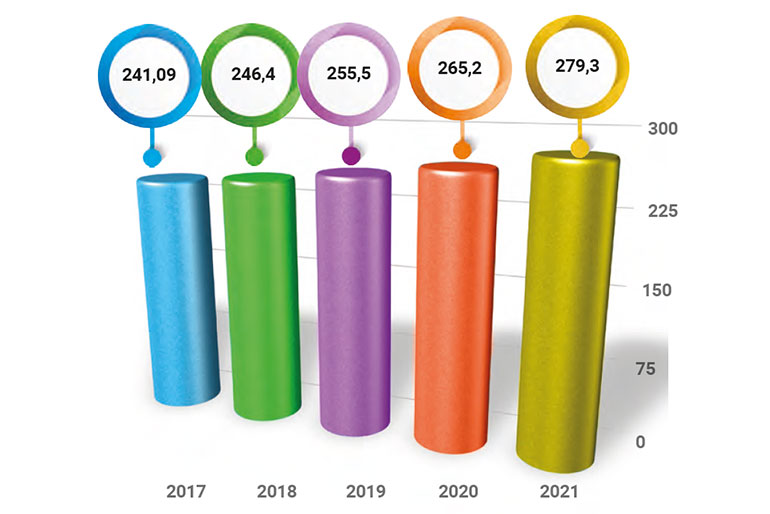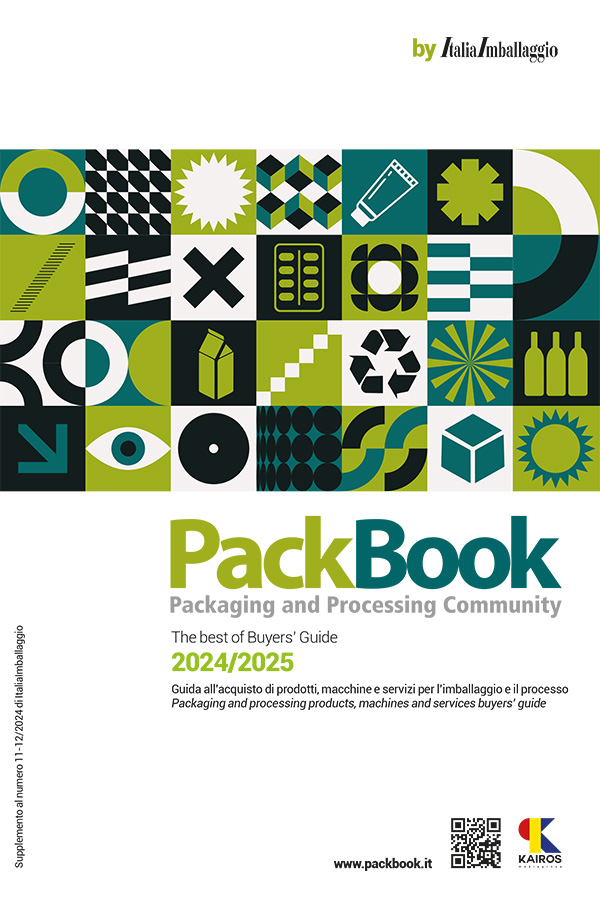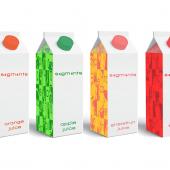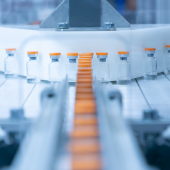Packaging of nutraceutical products
Data and facts of a market that, also in Italy, is experiencing a moment of expansion. The packaging mix of nutraceuticals, with specific types of packaging for the various forms.
Barbara Iascone
Italian Packaging Institute
Nutraceuticals are classified as food supplements, and are therefore able to influence the physiological processes of the body.
Thanks to the increased propensity of consumers to use them, as well as of doctors to prescribe them to maintain a good state of health, nutraceuticals contribute to solve nutritional deficiencies: used for specific periods of time, they intervene when an important nutrient is lacking.
In practice, the main nutraceutical supplements help to:
- strengthen the immune system;
- regularize gastro-intestinal functions;
- support the body during physical activity;
- reduce the risks of onset of cardiovascular or degenerative diseases;
- delay the aging process;
- prevent chronic diseases;
- improve some body functions.

The reference market
For some years now, Italy continues to be the first European country for consumption of nutraceutical products, followed immediately by Germany.
A joint analysis, born from the collaboration between Integratori Italia, which is part of Unione Italiana Food (adherent to Confindustria) and Avedisco (Associazione Vendite Dirette Servizio Consumatori) confirms the increasing attention of Italians towards their health, which leads them to a wide use of nutraceutical products. In 2021, the positive trend already marked in previous years is confirmed; the data analyzed show us a sector in full expansion with a growth rate of around 20% in terms of turnover and which translates into +5.3% in quantitative terms.
In general, the sector has recorded a slowdown in 2020, although with positive growth rates: experts assume that, in 2022, the sector will experience an important recovery, with positive double-digit indices.
The main sales channel is the pharmacy, with over 76% of sales; followed by parapharmacy and e-commerce, which marks the highest growth rate (almost 50% in 2021 compared to 2020). The large-scale retail channel also continues to grow (+12%).
The best performance was recorded by the category “vitamins/mineral salts and probiotics”. The “calming and sleep aiding products” category has also recorded a more than positive trend in these two very difficult years from a social point of view.
In 2021, the turnover related to nutraceutical products will be around 900 million euros. In quantitative terms, this value translates into more than 279 million packs, divided between different types of products.
| Pieces | % | |
|---|---|---|
| Digestive/intestinal tracts | 74 | 26.50% |
| Vitamins/minerals/food supplements | 78.2 | 28.00% |
| Coughs/colds respiratory tracts | 27.9 | 10.00% |
| Circulatory system | 15.4 | 5.50% |
| Tonics | 25.1 | 9.00% |
| Urology and reproductive system | 12.6 | 4.50% |
| Tranquilizers | 13.8 | 5.20% |
| Analgesics | 5.6 | 2.00% |
| Products for losing weight | 5.6 | 2.00% |
| Others | 34.9 | 12.50% |
| Total | 279.3 | 100.00% |
Product division and packaging
The product categories of this sector are divided according to the pathology and the apparatus on which they act: digestive and intestinal apparatus; vitamin and mineral food supplements; respiratory system, cough; circulatory system; tonics; urology and reproductive system; sedatives and sleeping pills; products for weight loss; other products.
According to the elaborations of the Istituto Italiano Imballaggio database, the 279 million packs of nutraceutical products are divided into the following packaging mix.
45% of the packages used are plastic/aluminum blisters for capsules or tablets, up from 2020.
In second place, we find plastic jars and bottles, with a market share of 34.3%.
With 15.2%, in decline, glass jars and bottles; sachets in laminated material represent 5% of the packages and, last, we find aluminum tubes with 0.5%.
Blisters, bottles and jars, made of both plastic and glass, are forms of packaging used in all product categories.
Rigid aluminum tubes are used exclusively for packaging vitamins and minerals, as well as cough and cold products.
The above percentages refer to primary packaging in direct contact with the product, to which cardboard cases, closures and labels should be added.
In 2021, based on data compiled by the Istituto Italiano Imballaggio, the nutraceuticals market area generated approximately 13,000 tons of packaging (including closures, accessories, and stretch carton cases).

Packaging mix by product category
Digestive system
Products acting in this area represent 26.5% of the entire sector, up from 2020. This area includes probiotics, which are fundamental to the category. As far as the packaging mix is concerned, blister packs and plastic bottles predominate (76% overall).
Mineral vitamins, dietary supplements
This is a very fragmented category, both in terms of the type of products (simple mineral supplements, combined with vitamins, antioxidants, etc.) and the customization of the offer (over 50, women, pregnancy, sport, children, etc.).
In 2021 they have grown to represent 28% of the entire sector. Again, over 72% of packaging is represented by plastic bottles and jars and blisters.
Circulatory system
The most representative products are those used to fight cholesterol, one of the main causes of circulatory and cardiac problems. In this market, the division between the different types of packaging used sees the prevalence of blisters, with 75% of the packages. The remaining 25% is divided between bottles and jars of glass or plastic.
| % | |
|---|---|
| Plastic jars and flacons | 34.30% |
| Laminated pouches (CA+ALL+PE) | 5.00% |
| Rigid aluminium tubes | 0.50% |
| Blisters (ALL/PVC and ALL/ALL) | 45.00% |
| Glass flacons both standard and small | 15.20% |
| Total | 100.00% |
Tonics and sedatives
This is the category that has been present on the market for the longest time, with a share of 9.5%. Here we find stress relievers, products that help improve sleep and natural calming agents. Blister packs account for 60% of packaging, followed by plastic or glass jars and bottles.
Urology and reproductive system
Specific supplements are growing steadily and accounted for 4.5% of the segment in 2021. As far as the packaging mix is concerned, plastic/aluminium blister packs account for over 60%, followed by plastic bottles and laminated sachets with 25% and 15% respectively.
Coughs and colds
The consumption of products designed to alleviate respiratory diseases is linked to seasonality and is greatly influenced by “word of mouth”, advertising and personal tastes. Sharing the packaging mix are predominantly plastic bottles, glass bottles and blisters.
This department represents 10% of the nutraceutical industry.





















